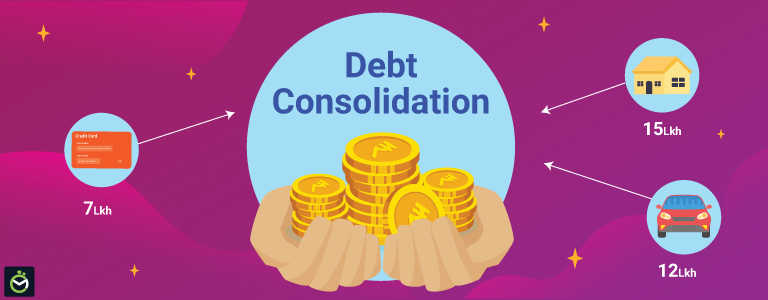Unlocking the Secrets of Mortgage Loans
Are you diving into the world of mortgage loans? Understanding the basics can help you navigate the complexities of financing your dream home. Read on to uncover essential information that will equip you to make informed decisions.
Are you considering buying a home but need financial assistance? Mortgage loans are essential tools that can make homeownership a reality for many individuals and families. Understanding the intricacies of mortgage loans is crucial for anyone looking to invest in real estate. Let’s delve into the world of mortgage loans to uncover key information that will empower you on your homebuying journey. Whether you are a first-time homebuyer or a seasoned investor, exploring the realm of mortgage loans can be a game-changer. From grasping the various types of mortgages available to deciphering interest rates and terms, this comprehensive guide will provide you with valuable insights to make sound financial choices.
What Are Mortgage Loans?
Mortgage loans are financial instruments that individuals or businesses use to purchase real estate without paying the full value upfront. In essence, a mortgage is a type of loan specifically tailored for buying a property. The property itself serves as collateral for the loan, giving lenders security in case the borrower defaults on payments. One of the primary reasons people opt for mortgage loans is to spread out the cost of a home over a longer period. This allows buyers to make manageable monthly payments instead of a large lump sum. Mortgages are typically repaid over many years, with common terms ranging from 15 to 30 years.
Types of Mortgage Loans
There is a diverse array of mortgage loan options available to suit various financial situations and goals. Some common types of mortgages include:
- Conventional Mortgages
- FHA Loans (Federal Housing Administration Loans)
- VA Loans (Veterans Affairs Loans)
- USDA Loans (United States Department of Agriculture Loans)
Each type of mortgage has unique eligibility criteria, down payment requirements, and terms. It’s crucial to research and compare different options to find the best fit for your specific needs.
Understanding Interest Rates
Interest rates play a significant role in mortgage loans, as they determine the cost of borrowing money. Generally, borrowers with higher credit scores are offered lower interest rates, while those with lower scores may face higher rates. It’s essential to pay attention to interest rates when selecting a mortgage, as they can impact the overall amount you repay over time. Fixed-rate mortgages have a consistent interest rate throughout the loan term, providing predictability for borrowers. On the other hand, adjustable-rate mortgages (ARMs) have rates that can fluctuate, potentially leading to changes in monthly payments. Evaluating the pros and cons of each type can help you make an informed decision.
The Mortgage Application Process
Obtaining a mortgage involves a detailed application process that assesses your financial health and creditworthiness. Lenders typically require documents such as pay stubs, tax returns, and bank statements to verify your income and assets. Additionally, your credit score and history play a significant role in determining loan approval and interest rates. Once you submit your application, the lender will review your financial information to determine the loan amount you qualify for. Pre-approval can give you a clear understanding of your budget and signal to sellers that you are a serious buyer. After approval, you can proceed to finalize the loan and complete the home purchase process.
Managing Mortgage Payments
After securing a mortgage, it’s crucial to manage your monthly payments effectively to avoid financial strain and potential default. Missing payments can lead to late fees, damage your credit score, and even result in foreclosure. Creating a budget that accounts for your mortgage, taxes, insurance, and other housing expenses can help you stay on track. Consider setting up automatic payments to ensure timely remittance each month. Additionally, communicating with your lender in case of financial hardships can help you explore options such as loan modification or refinancing to alleviate payment burdens.







